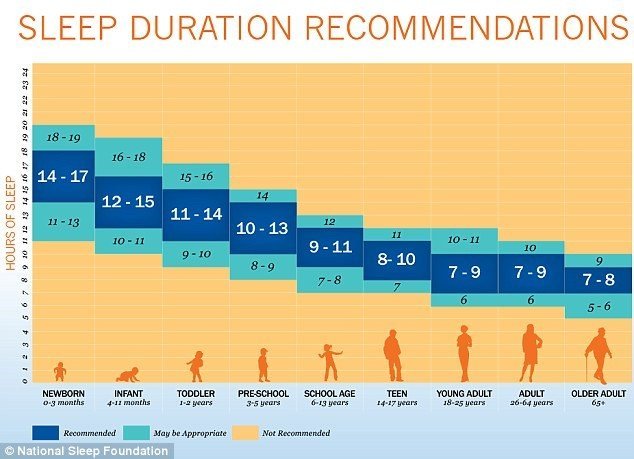Lights on or lights off, own bed or in with mum and dad, 10 specific teddies to cuddle, 4 stories, complete quiet or background music – however you can get your child gets to sleep you’ll do it. For many, getting a child to sleep signifies the start of peace and quiet and a chance for parents to enjoy their evening. For others, it’s important to get the routine right to avoid an overly emotional child or just to ensure that the child does actually sleep.
As a nation, we greatly undervalue the importance of sleep. We often go to bed later than we should and quite often give no thought to preparing ourselves. It’s the same with our children. When children are first born we are more likely to get into a sleep routine – the bath time, bedtime story, milk and lights out and it works well. But as they get older bad habits set in and bedtime just becomes a quick task at a set time.
Sleep is arguably one of the most important times for our body – there is a reason that sleep deprivation is a form of torture! When a child is asleep their body is growing, developing, consolidating learnings from the day, repairing and resetting hormones.
How much sleep does a child need? Children do need more sleep than adults and a school-aged child of 5 to 12 years needs roughly 9 to 11 hours. We are all individuals and therefore we do all need a different amount so whilst some do best on 9 hours some children might need the 11 or perhaps even 12.

It’s not always just about the quantity of sleep either – the quality plays a part too. Deep sleep is very restorative and is the type of sleep that makes us wake feeling nicely refreshed. Maximising the deep sleep requires good sleep hygiene. Good sleep hygiene is a set of simple rules that help ensure we sleep well. It includes time away from electronics and having a comfortable, dark and cool bedroom and avoiding certain foods in the run-up to bedtime
There are many elements of our current lifestyle that are negatively impacting our children’s sleep. These include electronic devices which contain blue lights that stimulate the brain and may stop quality sleep. Sugars and caffeine (in Coke) are stimulating and are not calming for bedtime and having a light on in the bedroom during the night due to being “scared of the dark” can also impact how deeply we sleep.
If you are battling getting your child to go to sleep, or stay asleep, or feel refreshed in the mornings then it is important that you work on this area to help optimise your child’s health. There are many sleep specialists who can support you or alternatively there are top tips and a full set of sleep hygiene rules within my online child nutrition course which is coming soon.
